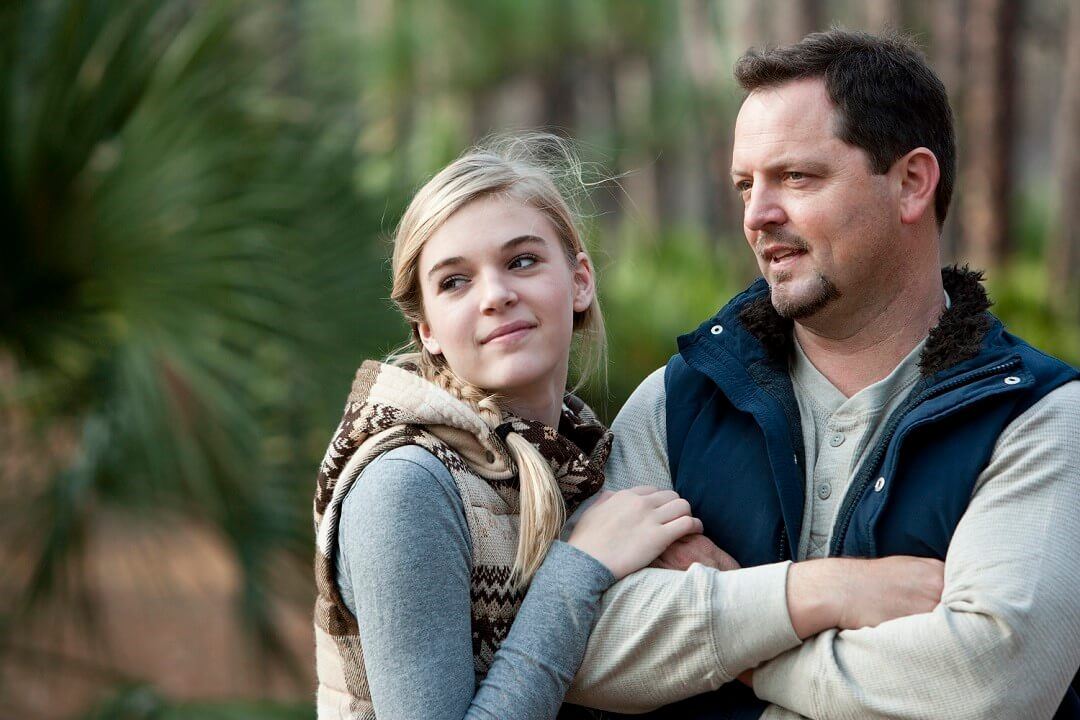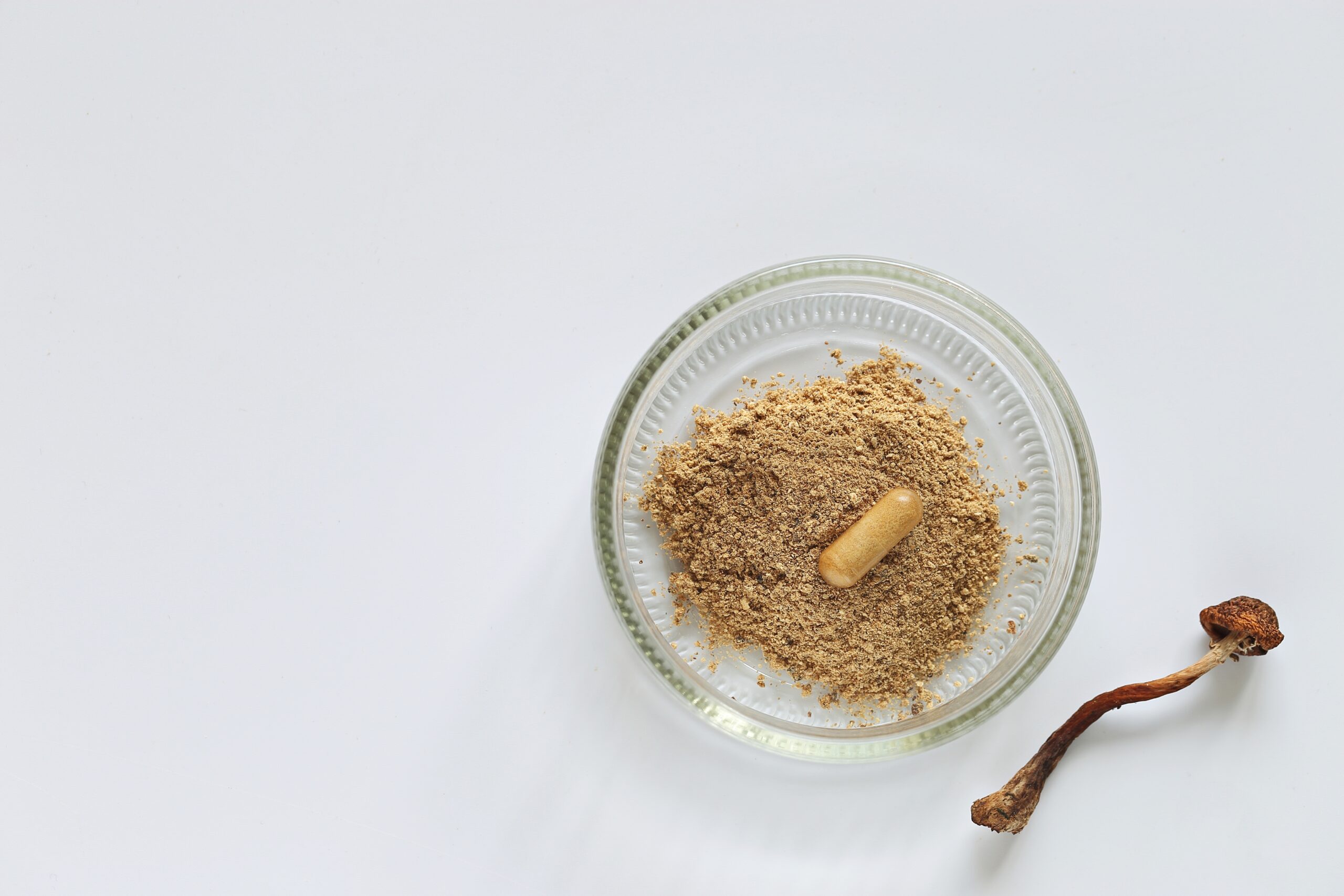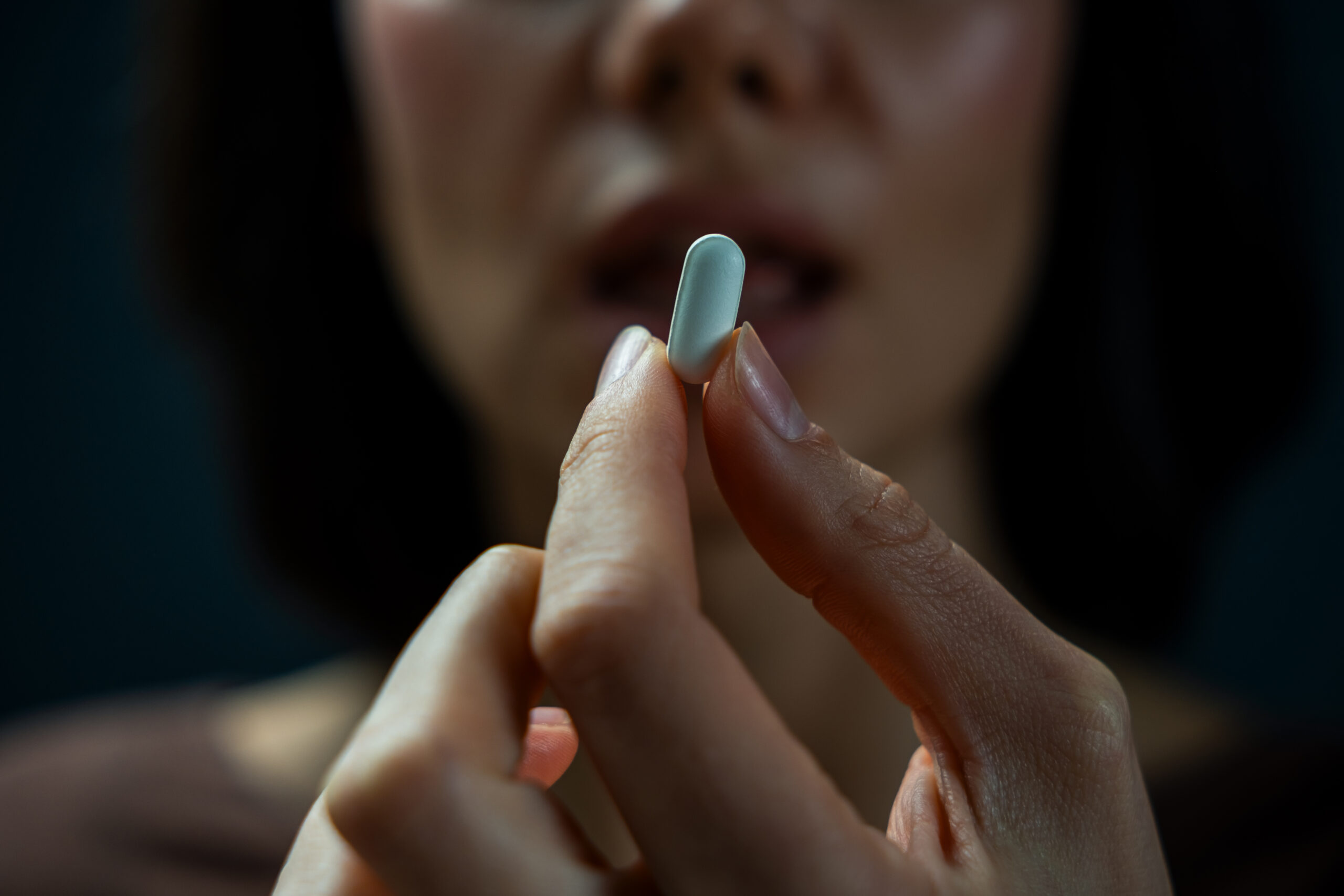How to Talk to Your Child About Addiction

Addiction is a family disease, according to the National Council on Alcoholism and Drug Dependence.1 Family members develop unhealthy behaviors to cope with the chaos that addiction brings to the household, and this causes stress on the family system, often leading to deep dysfunction. Learning how to talk to your child about addiction could greatly benefit everyone in the long run.
Children are particularly vulnerable when it comes to living with an addicted parent. They may feel insecure and confused when their parent is under the influence, and many children blame themselves for their parent’s drug abuse. Children may withdraw into isolation, strive for perfection to keep the peace, or act out at home or school. Children whose parents suffer from addiction are up to four times more likely than their counterparts to become addicted themselves.2
When you talk to your child about addiction, it can help reduce their feelings of insecurity and may prevent them from developing unhealthy coping behaviors. Here are some tips for talking to a child about an addicted parent.
Educate Yourself
Before you have the conversation, learn all you can about addiction so that you can answer your child’s questions accurately. If your child asks a question that you don’t know the answer to, find the answer together.
Choose the Timing
Talk to your child about addiction when things are calm and there are no distractions. If the addicted parent is involved in the conversation, talk when the parent is not under the influence.
Tell the Truth
The language you use and the details you divulge will depend on the age and maturity level of your child, but the important thing is to be honest. Explain that addiction is a disease, and like other diseases, it requires treatment. Tell your child that addiction changes the way the brain works, and it affects how the parent behaves.
If the addicted parent is seeking treatment, let the child know that their parent is getting help. If the addicted parent is not seeking treatment, tell the child that you have hope that the parent will get help soon.
Acknowledge the Impact of the Addiction
Let the child know that you understand that the addiction has had an impact on their life. Validate their experiences, and apologize for the pain the addiction has caused. Ask open-ended questions about how the addiction makes them feel, and listen to the response. Reassure them that the addiction is not their fault.
Teach the Seven Cs
The National Association for Children of Alcoholics recommends teaching children the seven Cs of addiction:
I didn’t cause it. I can’t cure it. I can’t control it. I can take care of myself by communicating my feelings, making healthy choices for myself and celebrating me.
Encourage the child to engage in outside activities like sports or clubs. Help them find ways to have fun and be a kid.
Get Outside Help
The National Institute on Drug Abuse for Parents recommends getting outside help, either through individual counseling that will help your child develop healthy coping skills or through a support group like Alateen.3 Doing so can help prevent a range of lifelong problems down the road.
References:








